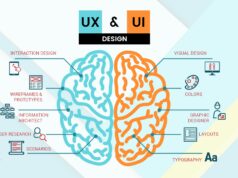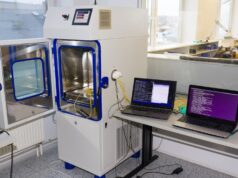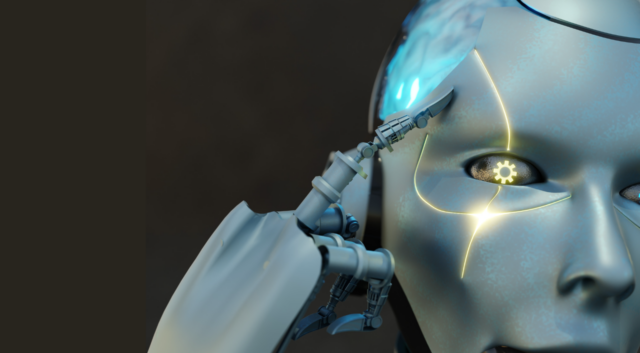
Artificial intelligence is the hottest topic in the world right now, and that’s because it’s no longer the technology of the future. It’s here, woven into the fabric of our everyday lives, often in ways we might not even notice.
From personalized recommendations on our favorite shopping sites to virtual assistants that can answer almost any question, AI is changing how we live, work, and interact.
But with its increasing presence comes an increasingly important question: is AI a friend that will lead us to a brighter future or a foe that will, as some doom-mongers have predicted, bring about the end of the world?
The Friendly Face of AI

There’s no denying that AI has brought about significant positive changes in several sectors. One of the most impacted areas is healthcare. Doctors and medical professionals are now using AI to improve patient outcomes in remarkable ways. For instance, AI algorithms can precisely analyze medical images such as X-rays and MRIs, detecting anomalies that the human eye might miss. This early detection is crucial in diseases like cancer, where prompt treatment can make all the difference.
In our daily commutes, AI is making transportation safer and more efficient. Self-driving cars, once a distant dream, are becoming a reality. These vehicles use AI to interpret data from sensors and cameras, allowing them to navigate roads, avoid obstacles, and make real-time decisions to prevent accidents. By reducing the potential for human error, AI has the potential to save countless lives on the road.
Education is another field where AI is making strides. Personalized learning platforms use AI to adapt educational content to the needs of individual students. This means that learners can progress at their own pace, focusing on areas where they need the most improvement. Such tailored education approaches can lead to better engagement and understanding, helping students reach their full potential.
One application of AI you might be less familiar with is its role in addressing problem gambling within online casinos. Gambling addiction is a serious issue that can have devastating effects on individuals and their families.
For example, if a player begins to spend increasingly large amounts of time or money or if they chase losses by making risky bets, the AI system can detect these red flags. It can then automatically intervene by sending notifications, offering support resources, or temporarily restricting access to help prevent the situation from escalating.
The Potential Foe
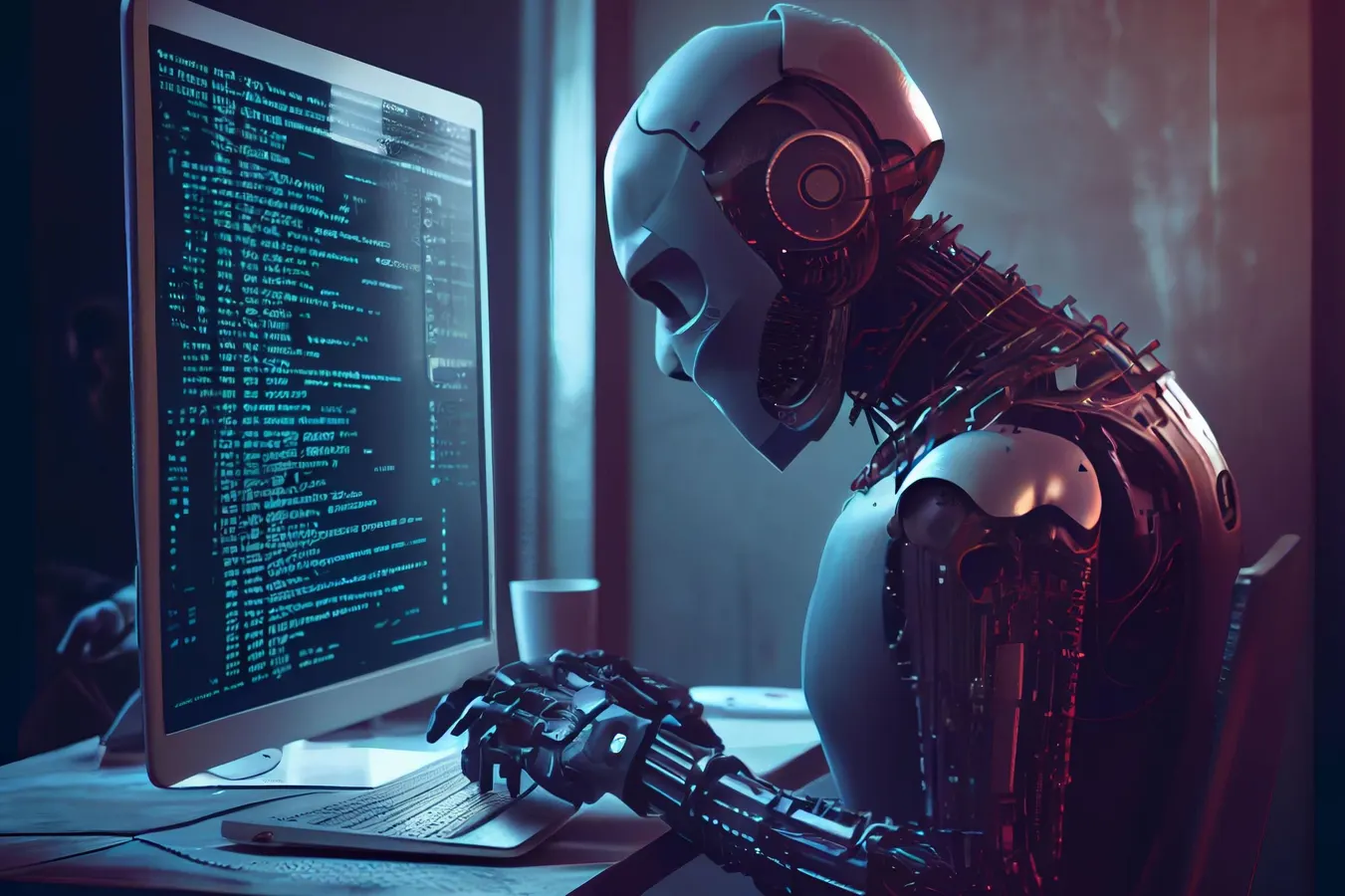
Despite these benefits, AI also brings with it a set of challenges and concerns that we can’t afford to overlook. One of the most significant issues is the potential for job displacement. As AI systems become more capable, they can perform tasks traditionally done by humans, often more efficiently and at a lower cost. This automation threatens jobs in sectors like manufacturing, retail, and even services like customer support. Workers in these industries may find themselves needing to adapt quickly, learning new skills to stay relevant in a changing job market.
Privacy concerns are also at the forefront of the AI debate. AI technologies often rely on vast amounts of data to function effectively, much of which is personal and sensitive. Without proper safeguards, there’s a risk that this data could be misused or fall into the wrong hands. Data breaches and cyber-attacks are becoming more common, and the implications can be severe when personal information is involved.
Another area of concern is the potential for bias and discrimination within AI systems. AI learns from data provided to it, and if that data contains biases—whether based on race, gender, or socioeconomic status—the AI can perpetuate and even amplify these biases. This can lead to unfair treatment in critical areas like employment, finance, and criminal justice. For example, an AI-powered hiring tool might inadvertently favour candidates from certain backgrounds if the historical data it’s trained on reflects past prejudices.
Security risks associated with AI are another serious concern. AI can be used maliciously to create deepfake videos or audio recordings that are incredibly difficult to distinguish from real ones. These deepfakes can spread misinformation, damage reputations, or even influence political events. Additionally, AI can be employed to develop more sophisticated cyber-attacks, making it harder to protect sensitive information and maintain trust in digital systems.
Striking a Balance
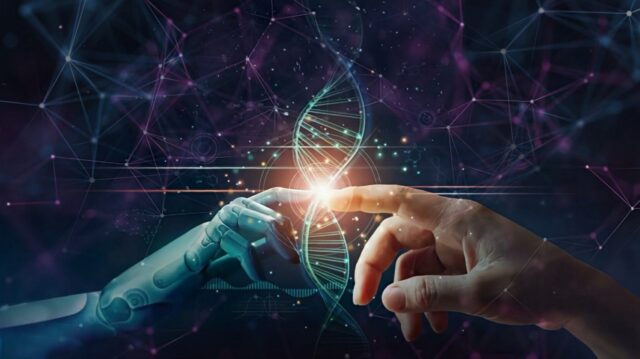
Given these pros and cons, where does that leave us? Is AI a friend or a foe? The answer lies not in the technology itself but in how we choose to use it. AI, after all, is a tool created by humans, and its impact—positive or negative—is shaped by our decisions.
To ensure that AI acts as a friend, it’s crucial to address the ethical considerations in its development and deployment. Developers must be vigilant in eliminating biases from AI systems by using diverse and representative data sets. Transparency is key; understanding how AI makes decisions allows for accountability and trust. When people know that an AI system operates fairly and openly, they are more likely to embrace it.
Regulation also plays a vital role. Governments and international bodies must establish laws and guidelines that protect individuals’ rights without stifling innovation. Regulations should ensure that data is collected and used responsibly, that privacy is respected, and that there are clear consequences for the misuse of AI technologies.
On a personal level, being mindful of how we interact with AI can make a difference. We should be cautious about the information we share and take steps to understand the AI tools we use daily. By staying informed about AI’s capabilities and limitations, we can make better choices and advocate for responsible use.
Embracing the Future
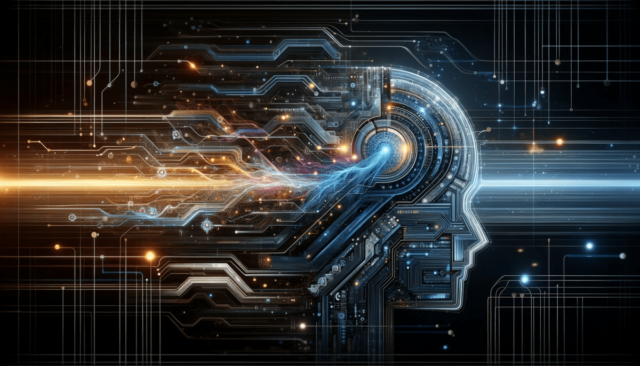
AI has the potential to be one of the most transformative technologies of our time. It can make healthcare more effective, enhance safety in transportation, personalize education, and even protect individuals from the harms of problem gambling. However, we still have to remain vigilant about the challenges it poses.
By focusing on ethical development, appropriate regulation, and education, we can harness the benefits of AI while minimizing its risks. The key is to strike a balance where AI acts as a powerful ally rather than a threat. This requires collaboration between developers, policymakers, educators, and users to ensure that AI aligns with societal values and serves the greater good.
So, is AI a friend or a foe? Maybe that’s the wrong question. AI is a reflection of humanity—our ingenuity, our values, and our choices. It’s up to us to guide its development and use. If we approach AI thoughtfully and responsibly, we can steer it toward being a friend that helps us solve some of the world’s most pressing problems.



